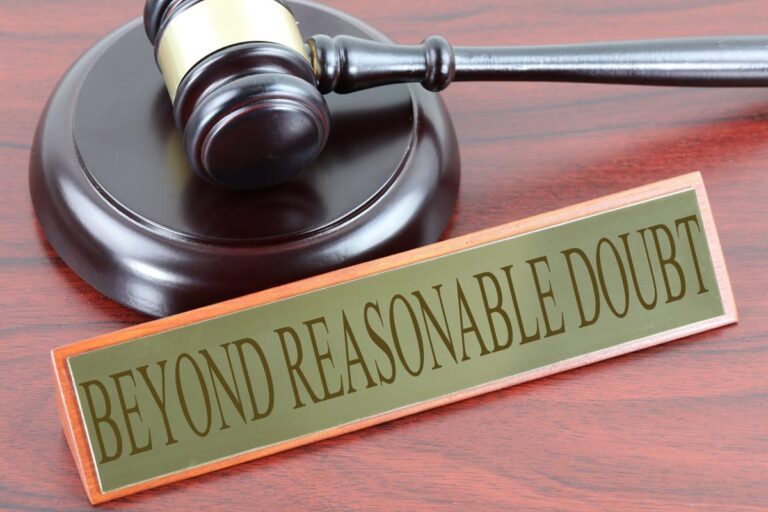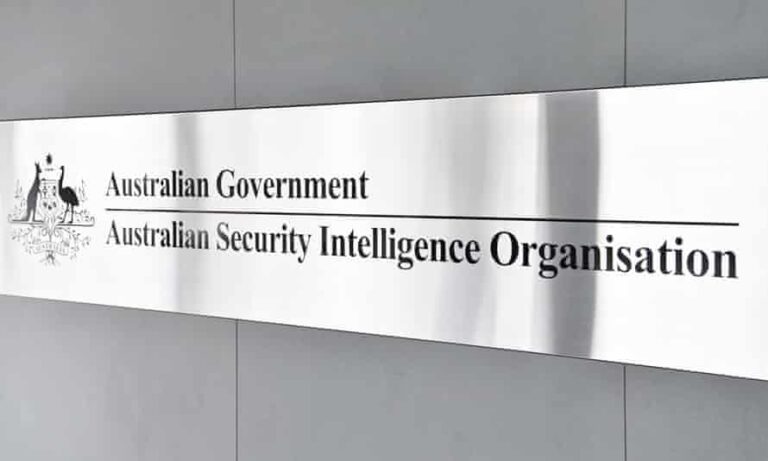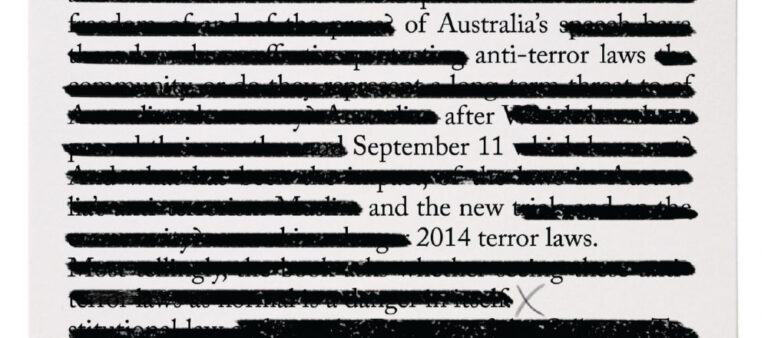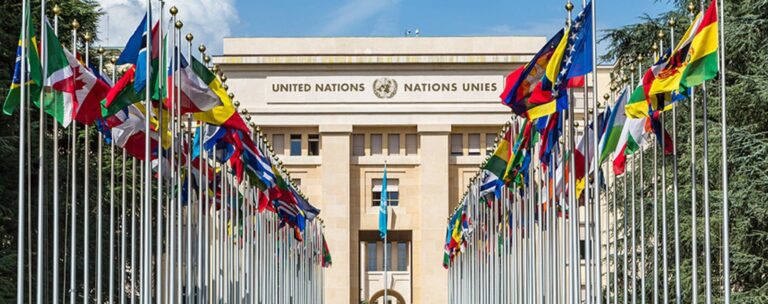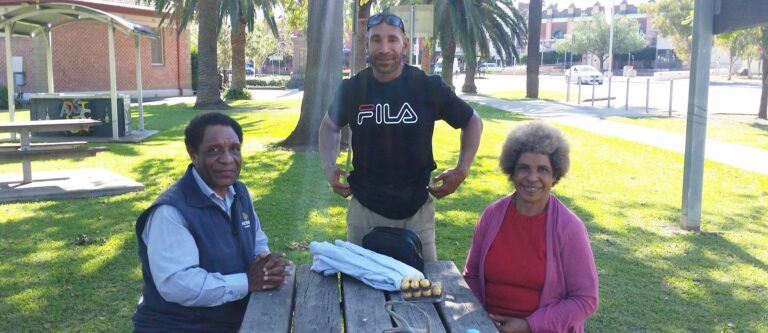Evidence Excluding Smothering
The most important requirement in all criminal trials is that the onus of establishing guilt is to the standard of beyond reasonable doubt. This standard of proof stays immovably with the prosecution throughout a trial. In Kathleen Folbigg’s case an essential element that needed to be proved beyond reasonable doubt was that she intended to kill or cause grievous bodily harm to her children.
The prosecution said that she smothered them, but failed to prove this was the case.

